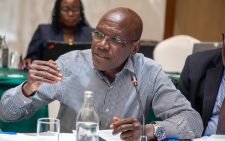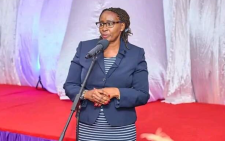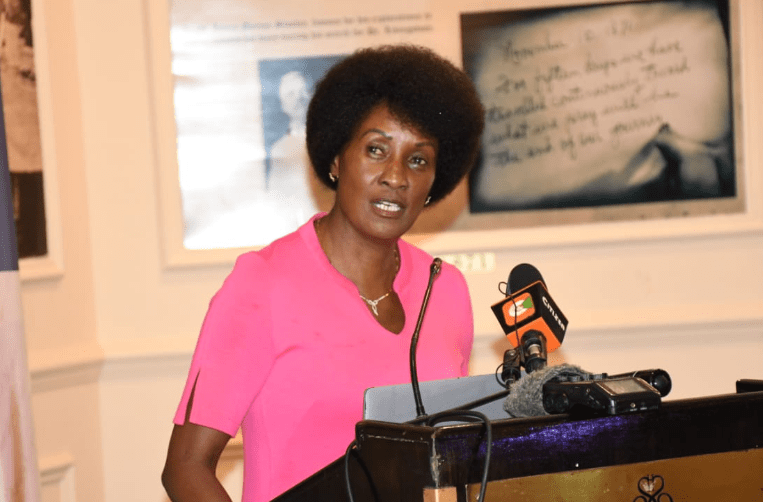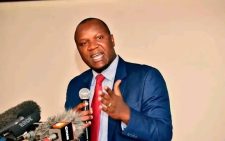Building Bridges Initiative taskforce should take charge of process
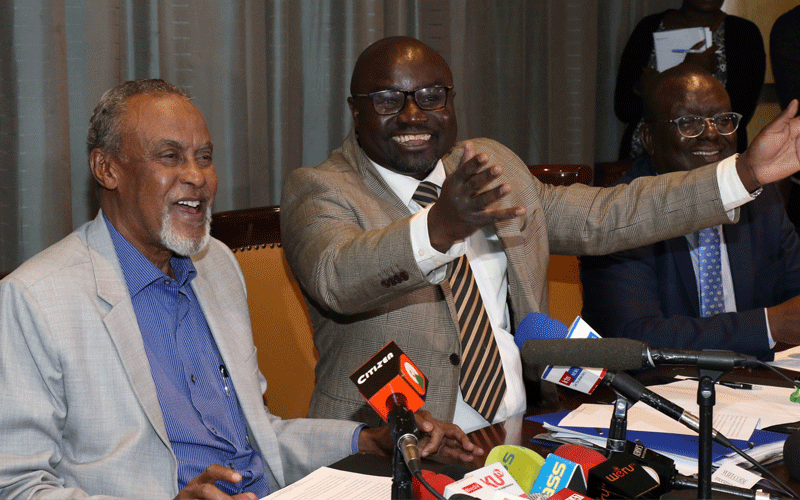
The second phase of public hearings of the Building Bridges Initiative (BBI) taskforce report is underway, with politicians dominating the process and making all manner of pronouncements on the document.
Already, political factions have lined up activities they say are meant to educate the public on the initiative aimed at giving Kenyans an opportunity to define the country they want.
The second phase is supposed to collect feedback on the distilled issues for collation by the steering committee chaired by Senator Yusuf Haji.
There are concerns about the process, though. First, the inactivity and ambivalence of the Haji team in the second phase of the hearing despite extension of its term for six months is worrying.
The 14-member team was expected to come up with a schedule of its activities but despite holding their first meeting last week, Kenyans are still in the dark about their mode of engagement with the public.
There are also questions on how the views expressed in the increasingly noisy political rallies are relayed to the Haji committee.
Secondly, the political elite seems to have run away with The Kenya We Want project, locking out other critical voices such as civil society, professional organisations, clergy and more critically, the ordinary Kenyan who the BBI targets.
Closely related to this is the fact that the document, which addresses other critical issues such as national ethos, corruption, shared prosperity, devolution, responsibility and rights, and security has been overshadowed by the politics of power sharing.
The report had made critical proposals on these issues which the BBI originators President Uhuru Kenyatta and Opposition chief Raila Odinga had identified as among Kenya’s most pressing challenges.
For instance, it was found that Kenyans lack shared beliefs, ideals and aspirations about what the country can become if they all subscribed to a national ethos that builds unity.
It also highlights the need for an economic revolution—to build an economy that can create jobs and enact reforms in the security sector to ensure a secure and prosperous nation at peace with itself and its neighbours.
We are hearing very little from the rallies on the aspirations part of the BBI, the cornerstone of the national cohesion initiative.
